People who struggle with depression (and practically everyone who suffers from anxiety) often suffer from many types of overthinking, which we define as “uncontrollable excessive thoughts”. Overthinking is a complex thought process that wastes time, poses risks and results in poor quality decisions.
Types of destructive thought patterns
The more we overthink, the more anxious we become. There is often a cognitive error in the way the brain thinks, which is basically an error in logic. Listed below are a few common cognitive mistakes.
Catastrophizing
The worst-case scenario is when you view a particular situation from the perspective of the worst-case scenario.
Psychotherapists say we tend to overestimate the odds of the worst-case scenario occurring when engulfed in overthinking.
All-or-nothing thinking
Work may feel difficult, but on the other hand, you may feel like you’re the star employee. There’s no gray area with this sort of thinking – it’s all or nothing.
Psychotherapists point out that most things in life are somewhere in the middle. Overcoming overthinking and recognizing cognitive errors is possible with cognitive behavioral therapy (CBT).
First, it assists one in identifying errors, then reframes thinking in a more logical and balanced manner.
Overgeneralizing
The term refers to instances in which we generalize the experience of a setback or failure to all other situations. It is easy to assume that everything has gone wrong for us in the past and will continue to do so in the future.
The fear of the future tends to be accompanied by overthinking about the past, which is a hallmark of anxiety.
Psychotherapists say that doing so is more associated with depression.
However, you may also be suffering from depression and anxiety. A comorbid mental health condition occurs when two conditions exist simultaneously.
Psychotherapists trained in cognitive behavioral therapy cite CBT as one of the most effective methods for alleviating anxiety and depression.
Overthinking types
The problem with overthinking is that it is not a narrow problem that only affects a few people, but that there are actually 15 different ways that it affects us – and that it impacts us in almost every area of our lives.
The following are the types of overthinking:
1. Abstractions
Taking abstractions too far and disconnecting them from actionable realities. It is the ability to comprehend abstract concepts such as vulnerability and freedom, which are not directly associated with concrete objects and experiences.
Abstract thinking refers to our ability to connect information gleaned from our senses with the wider world.
The art of humor is an excellent example of abstract thinking. A comedian’s ability to abstractly think makes him an expert. By observing what is around them, they learn about the world
They detect outrages, incongruities and absurdities. From the unexpected connections, they build jokes.
Read: Causes of Overthinking
2. Complexity
Insufficient consideration of the importance of factors in making a decision. A complex thinker is able to connect different dimensions of reality.
In practice, it is hard to implement this definition since it is so short. We improve our complex thinking with business simulations (in addition to improving other skills or mindsets).
3. Avoidance
The decision-making process is being used to avoid something you do not want to do. Social situations are avoided because avoidant personality disorder sufferers fear judgment and rejection. Psychotherapy may be more likely to work for these people because they want to establish relationships.
Read: Avoidant Attachment Style
4. Cold Logic
Applying logic to an emotional decision. When logic is applied without considering cultural, linguistic, social, psychological or emotional factors, it is called cold logic.
Human factors can certainly be considered by logic. Yet human factors are difficult to understand because of complexity. As a result, human factors are often ignored in rules, processes, practices, algorithms and validations.
This results in suboptimal results because legal, social, and business realities are based on human needs and judgment.
5. Intuition neglect
Avoiding something that you already know. By defining intuition in terms of laymen, we can get the first glimpse of some of the technical ideas needed for cognitive psychology.
In a sense, intuition is immediate because it doesn’t require any conscious process of reflective thinking. This definition of intuition in the Oxford English Dictionary makes me wonder why it refers to reasoning as an absence of something.
6. Premature decisions
Spending time and resources on an unneeded decision like a decision is made based on interpretations that are subjective when there is no objective evidence.
Read: How to Stop Overthinking
7. Irrelevant decisions
Making decisions that are unnecessary. As an example, imagining unlikely future scenarios. The concept of seemingly irrelevant decisions relates to decisions or choices a person makes that might seem unimportant or unrelated on the surface but may result in placing the person in a high-risk situation that may provoke relapse.
8. Creating problems
Seeing problems that do not exist. Any difficulty that must be resolved is considered a problem. A question that needs consideration or resolution but you create unnecessary situations that raised problems. Problems could be accidents, misunderstandings, mistakes, consequences, and emergency situations, as well as a phenomenon or error.
9. Neglecting speed
Situations in which a fast mediocre decision is superior to one that is optimized slowly. When your mind gets overly focused on a small problem, it starts imagining all the disasters that will ensue (usually non-existent).
10. Over optimization
Missing the big picture because you are focused on minor details. An over-optimizing behavior has the potential to harm your mental health, as excessive optimization can prolong or intensify depression, as well as impair your mental calculation and emotional processing skills. It may also cause you to feel isolated and can, in reality, push people away.
Read: 15 Signs of Egoistic Person
11. Ambiguity aversion
Making a decision based on incomplete information. Generally speaking, ambiguity aversion refers to the preference for known risks over unknown risks. The person who is ambiguity-averse would prefer an alternative in which the probability distribution of the outcome is known over one in which the probability distribution is unknown.
12. Lack of principles
Making decisions and solving problems more efficient requires setting up basic principles. The first step to killing confidence in one’s own reasoning process is to avoid finding the answer no matter how long it takes or how ignorant we are to find a perfectly reasonable one.
13. Paralysis by analysis
The process of analysis consists of breaking things into their components. Basic thought processes can be valuable but are also at risk for complicating decisions unnecessarily.
It is common for people to think twice before making an important decision. What if you have trouble balancing the scales when weighing your options? Rather than making a decision, you waste so much time thinking about the options you have.
Read in detail: What is Analysis Paralysis
14. Big thinking
Solving small problems with gigantic solutions. Imagine that you can do anything you want, on a large scale: without any limitations. That is how you are able to think big. Seeing the big picture means being open-minded, creative and positive.
15. Fear of failure
Aiming too high in order to avoid failure. The fear of failure has probably been experienced by all of us at some point in our lives. Having the fear of failing can immobilize us – we may shy away from pursuing our goals because of our fear of failure.
If we let fear stand in the way of our success in life, we may miss out on some wonderful opportunities.
Read: Low Self-Esteem
If you don’t struggle with overthinking
You may not suffer from depression, anxiety or overthinking yourself, but if you have loved ones who struggle with these problems, please do not tell them to “just stop overthinking“, to “just snap out of it” or to “just think logically”.
They would do it if it were this easy – but stopping overthinking is a lot more difficult than they think.
If someone suffering from overthinking is told to “just snap out of it”, or anything dismissive like “just stop thinking so much”, it makes them feel abandoned, misunderstood and it may even set them back on their road to recovery.
Also, check: Side Effects of Overthinking
If you do struggle with overthinking
Overthinking is a problem that people have but it can be stopped, although it won’t happen overnight. For you to learn the strategies you need in order to accomplish this, we have developed the following resources: 13 strategies to overcome overthinking.
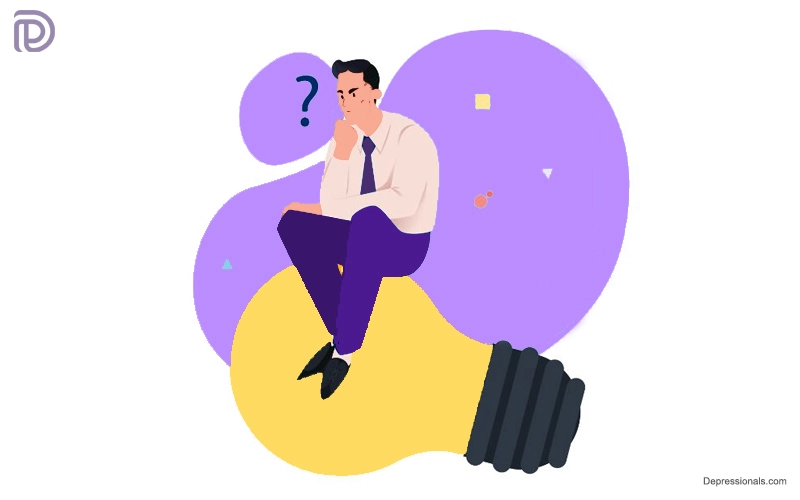
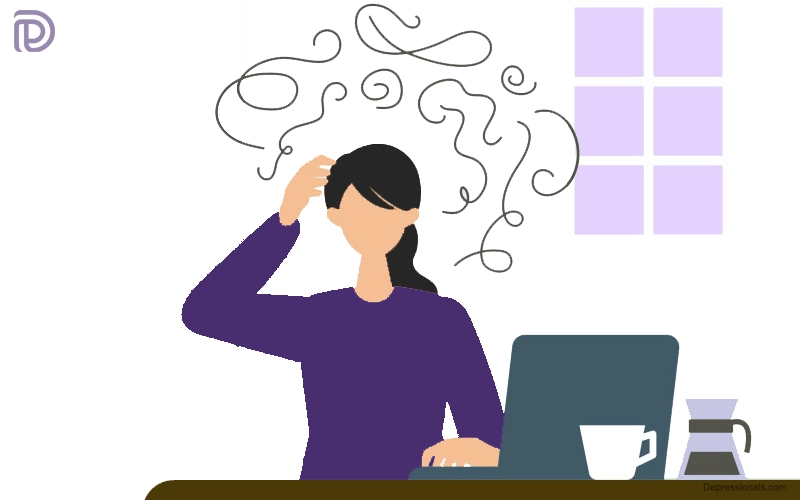
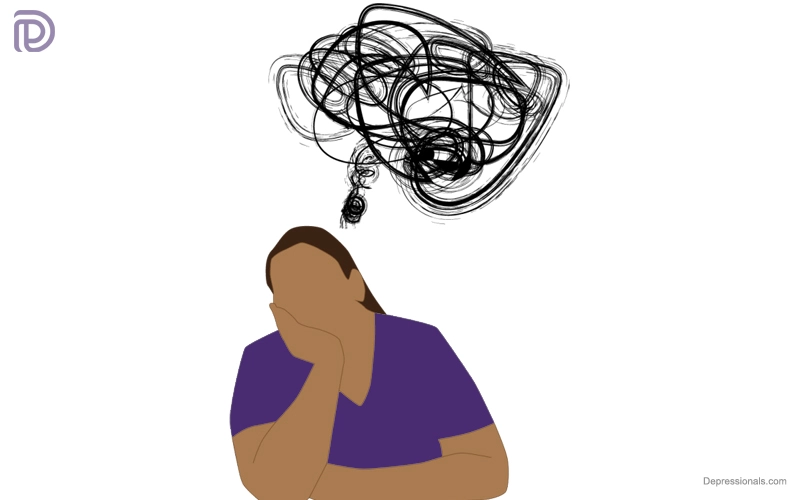
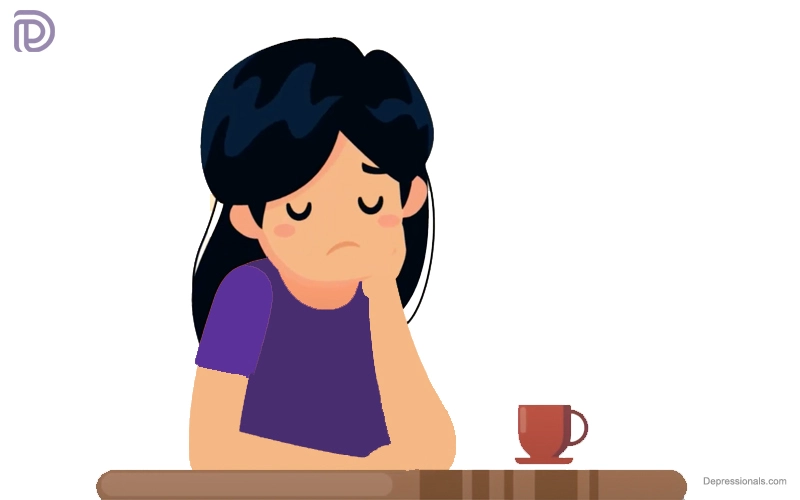
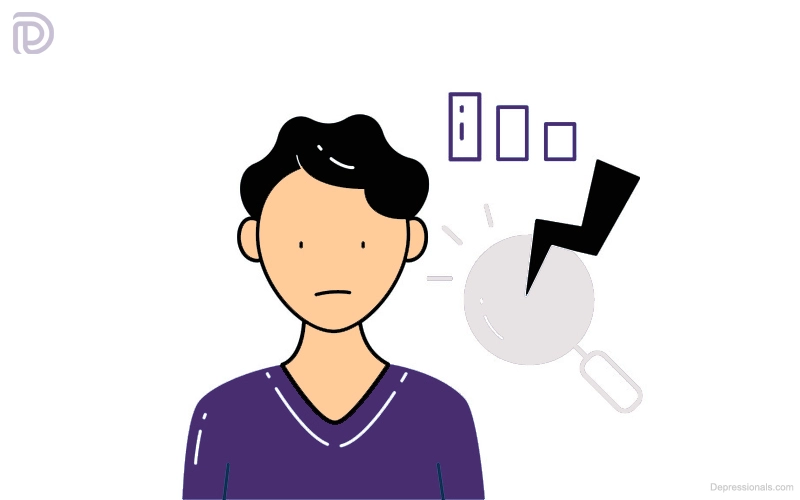

We’re a gaggle of volunteers and starting a new scheme in our community. Your site provided us with useful info to work on. You’ve performed an impressive process and our entire neighborhood will probably be thankful to you.
It is conversations like this that make me think….I beg you come back soon Lord because this world is too much. I long for my heavenly mansion.
Reading content like this, reminds me that I can not wait for Jesus to return. My God
Simply a smiling visitant here to share the love (:, btw great design. “Make the most of your regrets… . To regret deeply is to live afresh.” by Henry David Thoreau.
I’m still learning from you, as I’m making my way to the top as well. I absolutely liked reading everything that is written on your blog.Keep the articles coming. I liked it!
Hmm I’m thoroughly enjoying your blog. I too am an aspiring blog writer but I’m still new to everything. Do you have any suggestions for rookie blog writers? I’d certainly appreciate it.